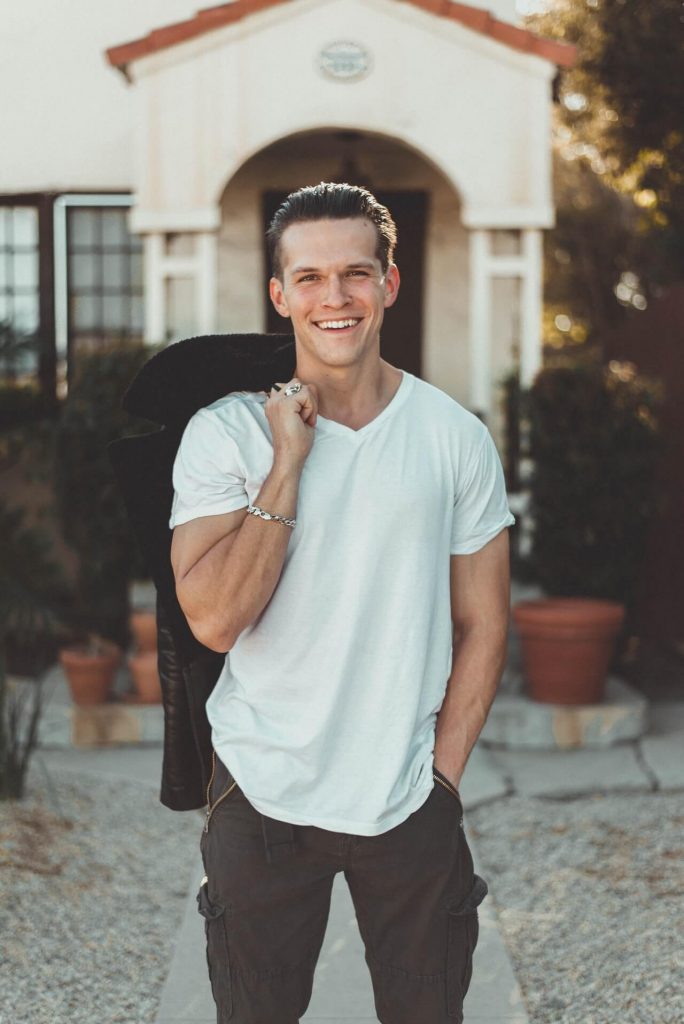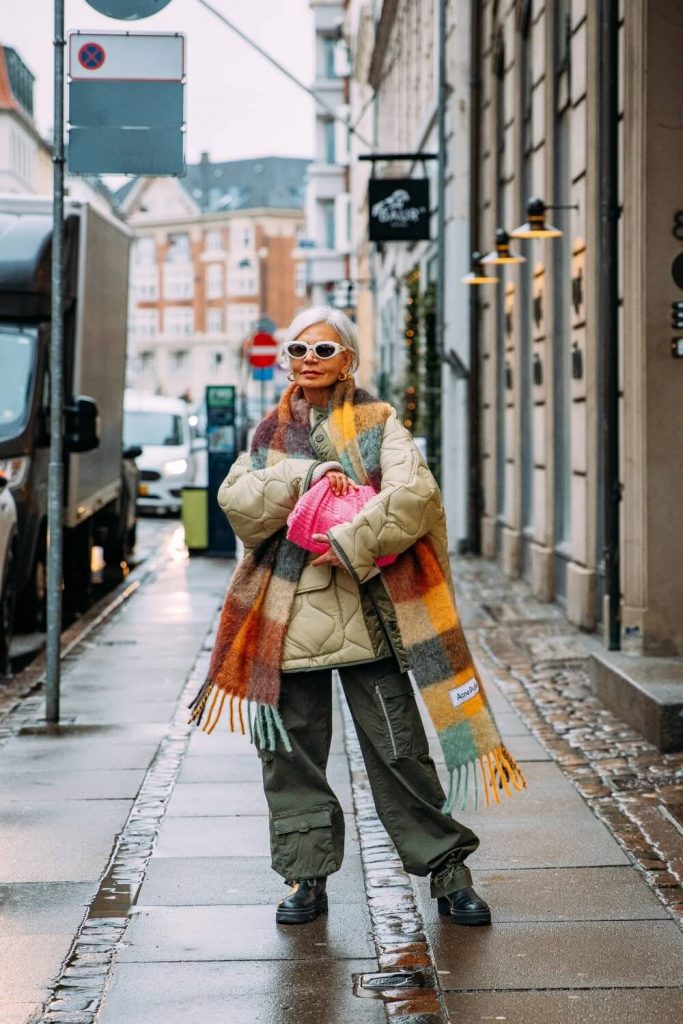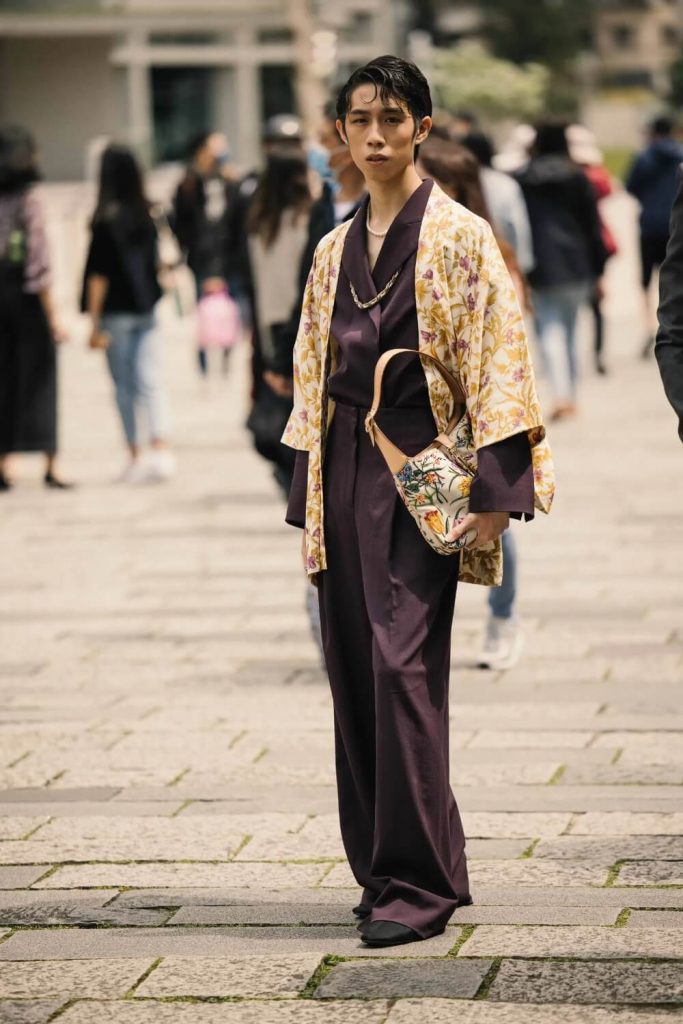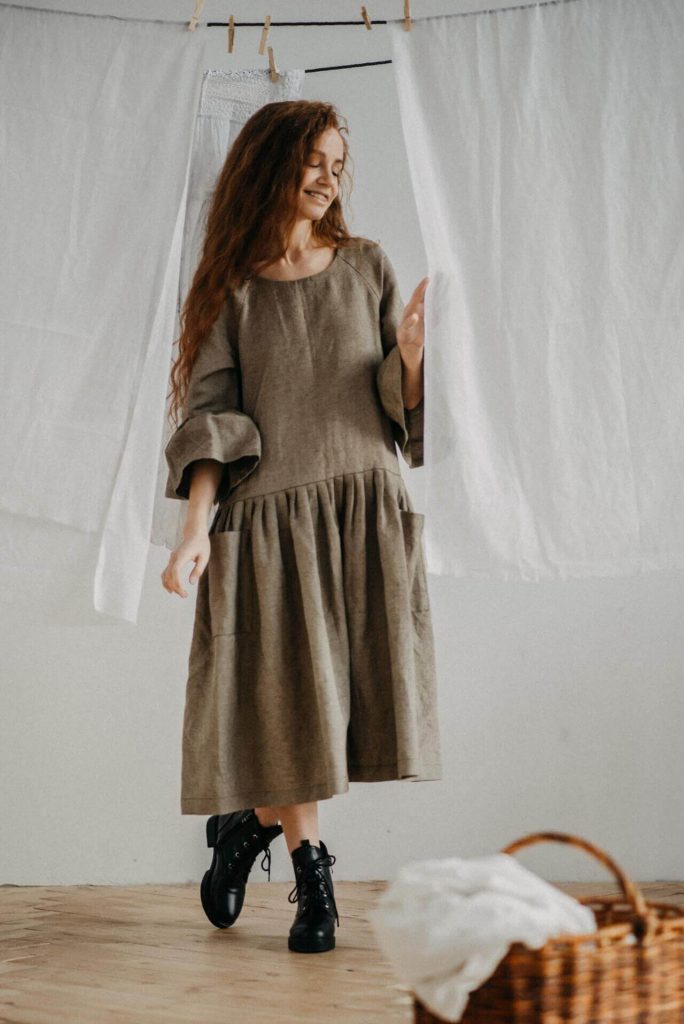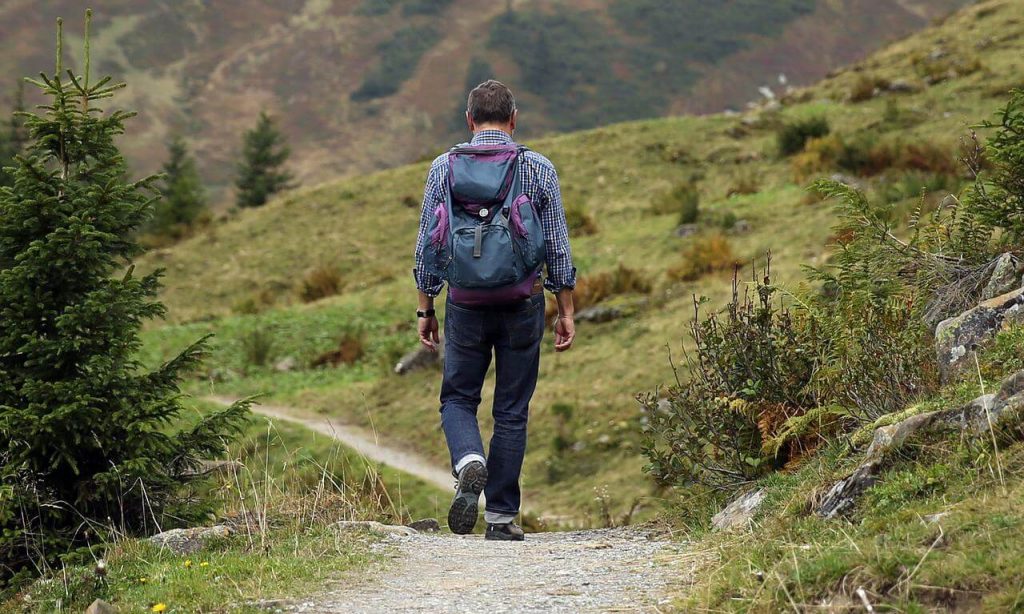When model Grace Mahary began to consider motherhood, she felt an overwhelming hesitancy. Still, she and her husband found themselves asking the hard questions and reconsidering a journey toward parenthood. Mahary thought about her own childhood and what life looked like for her mother as she contemplated what she wanted and didn’t want for herself. “My husband and I had several conversations about what parenthood would look like,” says Mahary over our call. “I started thinking, we can create what this looks like for us. I don’t need to operate in fear.”
For Black women, the concerns surrounding childbirth are daunting. They remain three times more likely to die from pregnancy-related issues in comparison to their non-Black counterparts. As awareness of these preventable statistics grows, more Black women and women of color are taking precautionary actions and challenging the healthcare system to provide the care they deserve.
A sense of community was something Mahary knew she needed to create in order to embark on this next journey of her life. So when she officially became pregnant in December 2020, she set out to build the right care team. Eventually, after a bit of trial and error, she was exactly what she wanted to be: protected. Here, she talks us through her considerations as she sought to find a birthing team that would support and nurture her.
Pregnancy Amid the Pandemic and Protests
When the pandemic hit, I was forced into stillness for the first time in my life after prioritizing my career for the last 10-plus years. In that stillness I started to consider my fears around motherhood. It was a bizarre time to plan birthing a life as we couldn’t even predict our day-to-day. And when George Floyd, Ahmaud Arbery, Breonna Taylor, and several Black people had been murdered, racism in this world was weighing on me immensely. It made me question whether or not we [as Black people] can exist and what life would be like raising a Black child particularly in this country. It made me very fearful for that child. Thinking about it today, I almost was robbed of the experience of having my daughter because of how Black people are treated. So it took me months into the pandemic before I could start envisioning what a positive environment looked like for a Black child. Towards the end of 2020 I started feeling sick so I went and did a COVID test and a pregnancy test—both tests came back positive. I got pregnant but I was still terrified.



Finding the Right Care
I was searching for a team willing to understand the greater context of what it means to be a pregnant Black woman navigating the healthcare system in America. That was my initial marker for trust.
My first visit with an obstetrician was virtual and she raced through an overwhelming script of information pertaining to my pregnancy. I didn’t need more time with her to know I needed to find someone else. My second appointment was in-person with a different OB I found through word of mouth and it, too, was a jarring experience. COVID’s impact on the healthcare system and its workers cannot be understated. I was prepared for the extra precautions, the virtual appointments and the longer waits, but I was not prepared for the feeling of quite literally not being seen until I almost fainted in the waiting room. And that was just the office staff’s behavior. The OB was always rushed. She sent me to a specialist for blood work and I became uncomfortable with his medication recommendations. Neither doctors could confirm whether the statistics they based their prescription on reflected my ethnic background as a first generation immigrant from Eritrea.
At this point I was in my second trimester and scared I wouldn’t find allies in the healthcare system. I realized I would need a dedicated advocate and began to look for a doula. After some research and calls, one doula clicked with me. I confessed my fears about healthcare, being pregnant and Black. She assured me that I would be in good hands and helped me find the OB that delivered my child. The OB was Black and addressed not only my physical needs but also my emotional, mental, and familial changes. It was the first time I felt seen throughout the whole process in finding a birthing team. I was like a new person and I really surrendered. I stopped fighting the fact that my life was changing and acknowledged that it was okay to surrender to this little person growing inside of me.
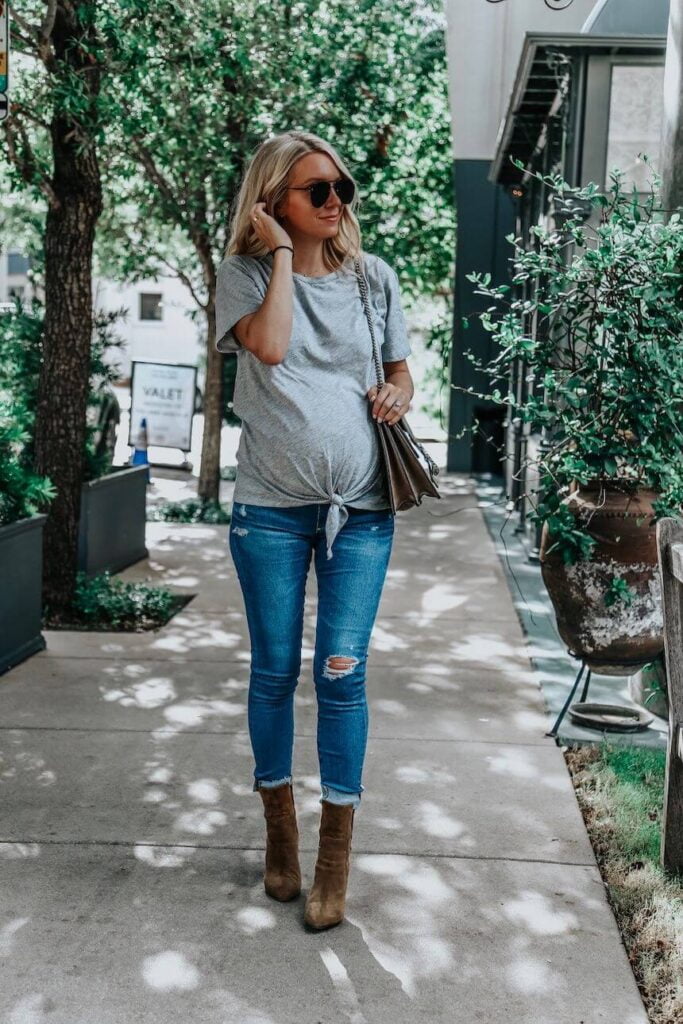
Cultivating a Community
Community is the defining factor in this process for me. It was what made me sane and helped me keep this child alive because your own health as a mother is important. I couldn’t have made it this far without the community around me. That included my best friends who are also mothers, my doula, my OB, my husband, and my parents. They all continue to play an integral part in sustaining a rich and vast environment for my daughter and myself.
Looking back, I wish resources were more readily accessible to women that are uncertain or never planned to have children. I also wish I spoke to someone who thought more like me, because maybe I wouldn’t have felt so alone in that process in the beginning. Having a baby was an experience that no one person could or should be required to fully understand by themselves. It took a small village. My greatest wish is that every expectant mother can form their own.


